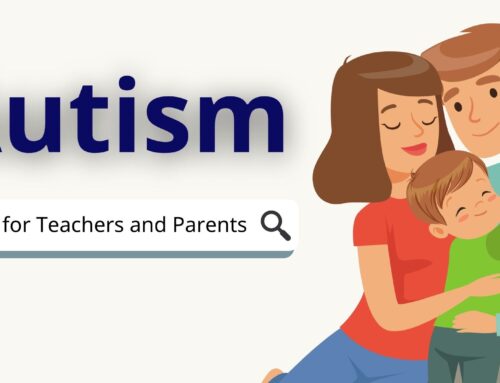Cluttering is a speech disorder that can impact a person’s ability to communicate effectively. It’s characterized by a rapid, often irregular speaking rate, making speech difficult for listeners to understand. While sometimes confused with stuttering, cluttering presents with distinct features.
Characteristics of Cluttering:
- Fast Speech Rate: The hallmark of cluttering is an excessively fast speech rate. While the exact speed may not always exceed normal limits, the speech can feel rushed and hurried.
- Speech Disfluencies: Cluttering involves disfluencies, which are interruptions in the flow of speech. However, unlike stuttering, these disfluencies are not characterized by sound repetitions or blocks. They may include:
- Repetitions of words or phrases: This can happen due to rapid speech planning or difficulty finding the right word.
- Incomplete phrases: Sentences may be left unfinished as the speaker moves on to the next thought too quickly.
- Grammatical errors: Rapid speech can lead to grammatical errors, such as subject-verb agreement issues or omitted words.
- Prosodic Issues: Prosody refers to the rhythm, stress, and intonation of speech. People who clutter may exhibit:
- Irregular rhythm: Speech may sound choppy or jerky, lacking a smooth flow.
- Misplaced stress: Words may be emphasized incorrectly, making meaning unclear.
- Inappropriate pauses: Pauses may occur at awkward places in sentences, disrupting the flow of information.
- Articulation Issues: In some cases, cluttering may be accompanied by articulation difficulties, where sounds are not produced precisely. This can further hinder comprehensibility.
Impact of Cluttering:
Cluttering can have a significant impact on a person’s life. It can lead to:
- Communication difficulties: Listeners may struggle to understand the speaker, leading to frustration and misunderstandings.
- Social isolation: People who clutter may avoid social interaction due to fear of judgment or difficulty keeping up with conversations.
- Reduced academic performance: Cluttering can hinder information processing and expression in academic settings.
- Lower self-esteem: Difficulties with communication can negatively impact self-confidence.
Diagnosis and Treatment:
Cluttering is diagnosed by a speech-language pathologist (SLP) through a comprehensive evaluation that includes:
- Speech analysis: The SLP will assess the person’s speech rate, fluency, and prosody.
- Language evaluation: This may involve assessing vocabulary, grammar, and comprehension skills.
- Medical history: A review of the person’s medical history may be conducted to rule out any underlying conditions.
Treatment for cluttering typically involves speech therapy with an SLP. Therapy focuses on techniques to improve:
- Speech rate: Strategies are employed to help the person slow down their speaking rate and improve pacing.
- Fluency: Exercises can help the person develop smoother speech patterns and manage disfluencies effectively.
- Prosody: Therapy may address rhythm, stress, and intonation to enhance speech clarity.
- Language skills: In some cases, therapy may target language skills to improve overall communication effectiveness.
Living with Cluttering:
While there is no cure for cluttering, individuals can learn strategies to manage the condition and improve their communication skills. Here are some tips:
- Be aware of your speech: Pay attention to your speaking rate and try to slow down when necessary.
- Practice relaxation techniques: Stress can worsen cluttering. Techniques like deep breathing can help manage anxiety and improve speech control.
- Speak in short sentences: This can help to avoid getting tangled up in complex sentence structures.
- Use pauses strategically: Pausing briefly at key points can improve clarity and emphasis.
- Seek support: Joining a support group or talking to a therapist can be helpful for managing the emotional aspects of cluttering.
Cluttering is a speech disorder that can impact communication and quality of life. However, with proper diagnosis and intervention, individuals with cluttering can develop strategies to improve their communication skills and live fulfilling lives.





Leave A Comment